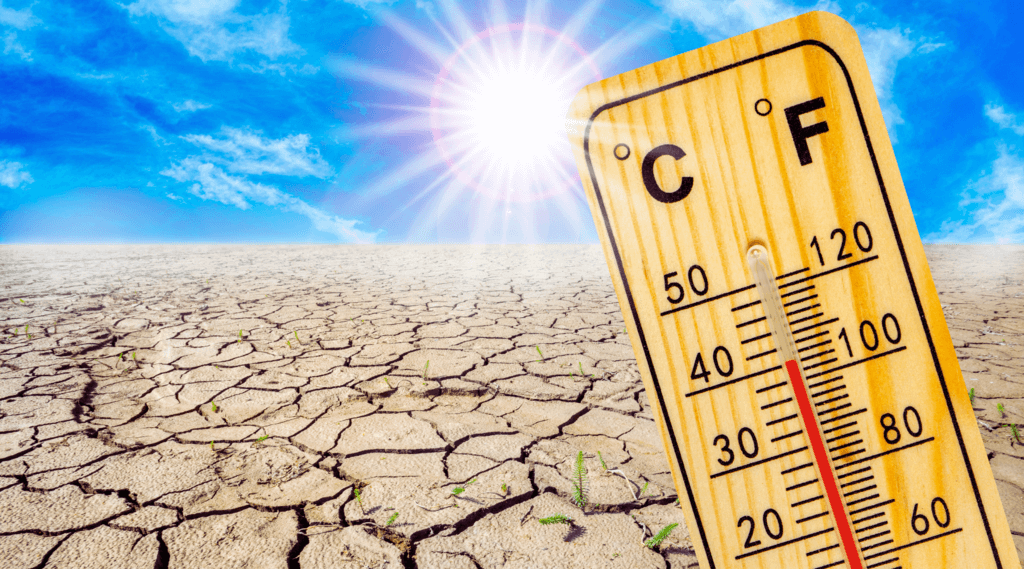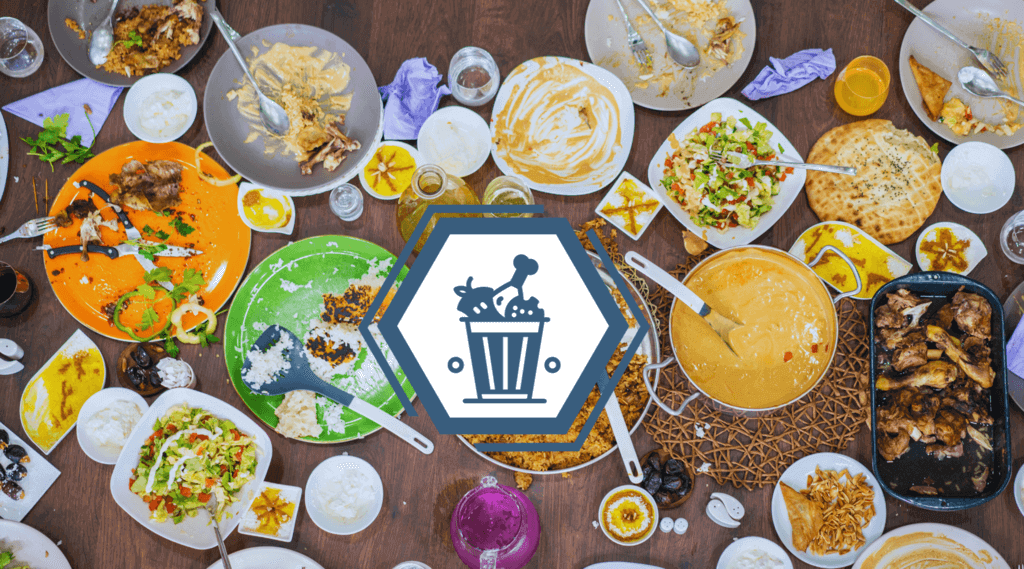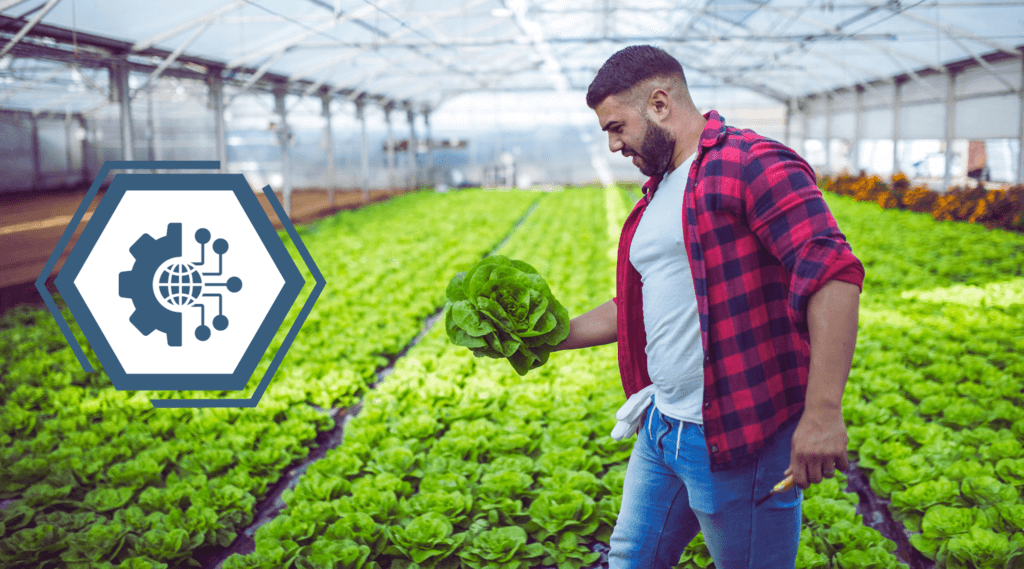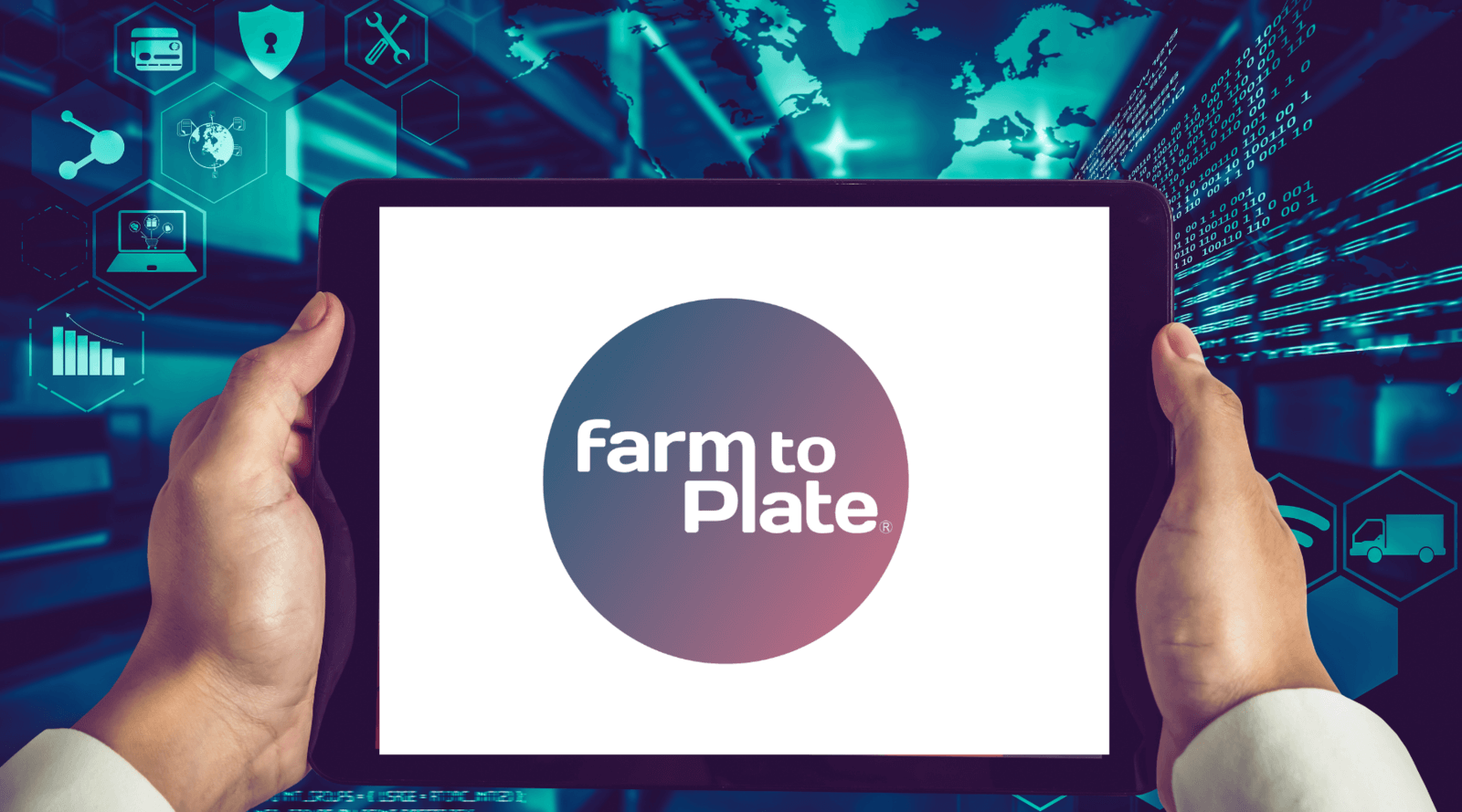The MENA food industry is about to grow significantly influenced by main features that will shape its future development. In the coming years, a growing demand for food is anticipated as the population of the region is forecasted to exceed 600 million by 2050. Similarly, increasing disposable incomes heighten consumer appetite to buy more food, especially premium and imported varieties.
The urbanization trend in MENA cities is fast changing the consumers’ habits and provides opportunities for the development of convenient and accessible food solutions such as ready to eat and delivery meals. So, let’s fast forward to which challenges hinder the growth of industry and how Farm to Plate can overcome them:

Water Scarcity
MENA is one of the most water scarce regions in the world making it hard to produce food sustainably.
Farm to Plate facilitates smart irrigation systems, water saving technologies, and data-driven information provision to farmers hence enabling farmers to be more efficient in usage of water.
Food Waste
Food waste is a significant issue in the MENA region, where about half of all food is wasted. These are 34 million tons of food worth approximately $60 billion annually.
Farm to Plate cuts out the middleman and shortens the supply chain. It lowers the cost and increases the food quality while at the same time decreasing food losses.


Climate Change
The MENA region is being affected by climate change and this makes it difficult to produce food because farmers find it difficult to plant crops and breed livestock.
By offering aid in new methods of farming like vertical farming, hydroponics, or aquaponics and precision farming for example, Farm To Plate supports small-scale farmers to adapt to the effects of climate change. The technologies allow farmers to grow food in a controlled environment while using limited land, water, and energy and yield more crops that are resilient.
Supply Chain Inefficiencies
The process of food supply chain in the MENA region is highly fragmented and inefficient thus resulting in expensive prices and food losses. The region suffers from poor infrastructure, logistics, and storage leading to delays, spoilage, and wastage.
F2P uses blockchain to ensure end-to-end traceability and visibility across the entire supply chain. It enables all stakeholders to follow up on food product movements from farm to fork resulting in building trust, improving consumer confidence, supporting sustainable operations and minimizing food fraud.


Limited Access to Technology
Most of the food producer’s farmers in the MENA don’t have access to modern equipment thus they cannot increase productivity and also embrace good environmental practices.
With F2P solutions, the farmers are linked to a network of technology experts, partners, and end users who help them make use of affordable and user-friendly technologies to improve their farming operations for better quality and efficiency.
PARTNER WITH US

Are you ready to hop on the sustainability food train? We can guide you through the potential pitfalls of the MENA food market, offering you customized solutions and insights. Feel free to contact us for a free consultation, demo, or trial.